As a pharmacist and a clinical nutritionist, I can see the possibilities of food and dietary supplements as a form of medicine. For example, I am very interested in the health benefits of probiotics. I am intrigued by the manufacturing process that produces probiotic supplements that mimic the activity of our gastrointestinal tract processing food. By that, I mean our GI tract’s use of bacteria to ferment fibers in foods to produce post-biotic metabolites.
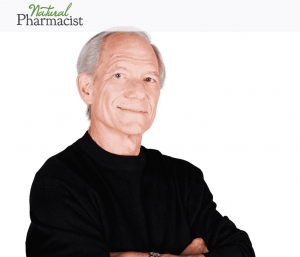
As a “natural pharmacist,” I am a passionate advocate of Coenzyme Q10 supplementation. I suspect that many people get little or no benefit from the daily CoQ10 supplement they take because the absorption rates of many of the commercial products are very low, often only 1-2% of a 100-mg tablet or capsule. It is important to choose a CoQ10 supplement with good documentation of absorption and bio-availability.
Low Absorption of Many CoQ10 Supplements
I am also an advocate of the nutritional supplement Coenzyme Q10, which is produced from pure natural yeast in a fermentation process.
The low absorption and the subsequent low bio-availability of many commercial CoQ10 products results from the crystalized nature of the raw material Coenzyme Q10 in many of these products. The problem for the CoQ10 supplement manufacturer is that the melting point of the Coenzyme Q10 crystals is 10 degrees Celsius higher than body temperature.
CoQ10 Crystals Must Be Dissolved to Single Molecules
If we ingest CoQ10 crystals, the crystals are not going to be dissolved easily into single CoQ10 molecules, and the absorption cells in our small intestines cannot absorb such big crystals. We are wasting our money if we buy a CoQ10 product that gives little absorption.
Need for Documented Evidence of Absorption and Bio-availability
Accordingly, it is important to find a CoQ10 supplement for which there is documented proof of absorption and bio-availability. And, even better, documented proof of beneficial heart health effects of taking the supplement.
When I say “documented proof,” I mean evidence from randomized, double-blind, placebo-controlled trials, the gold standard for evidence in the bio-medical world.
I have written extensively about this issue in the April 2020 issue of the journal Integrated Medicine: A Clinician’s Journal. Please see my blog for additional information on the subject [Pelton 2020].
The Best CoQ10 Randomized Controlled Trials
The Q-Symbio Study.
In this study, researchers enrolled 420 patients with moderate to severe heart failure [Mortensen 2014].
Heart failure is the medical diagnosis for patients whose heart is not pumping out as much blood (with oxygen and nutrients) to the body as it should.
These patients were taking the conventional heart failure medicines. To one group, the researchers gave 3 x 100 mg of Coenzyme Q10 in additional to the conventional medicines daily for two years. The other group of patients got the conventional medicines plus matching placebos.
After two years, the researchers broke the code and found out which patients had been getting the real stuff, the Coenzyme Q10, and which patients had been getting the placebos.
Then they analyzed the data. They found that the patients in the active treatment group had the following heart health benefits compared to the patients in the placebo group:
- significantly fewer deaths from heart disease
- significantly fewer deaths from all causes
- significantly few incidences of major adverse cardiovascular events
- significantly fewer hospitalizations
- significantly improved NYHA functional class
In other words, the CoQ10 treatment improved the patients’ symptoms and survival beyond what the conventional medicines alone could do.
KiSel-10 Study.
In this study, researchers enrolled 443 non-institutionalized senior citizens, average age: 78 years. They gave half of the study participants 2 x 100 mg of Coenzyme Q10 and 2 x 100 mcg of selenium daily for four years. The other group of study participants took matching placebos [Alehagen 2013].
At the end of the study, the researchers found several heart health benefits of the combined CoQ10 and selenium supplementation compared to the placebo treatment:
- significantly reduced risk of death from cardiovascular disease
- significantly improved heart function as seen on echocardiography
- significantly fewer days in hospital
- significantly improved health-related quality of life
- significantly lower blood levels of a protein bio-marker for heart failure
Again, in a double-blinded randomized controlled trial – neither the doctors nor the patients knew, until the end of the study, who was getting the real Coenzyme Q10 and selenium and who was getting placebos – the active treatment conferred significant benefits.
Comparative Bio-availability Study.
In this double-blind cross-over study, researchers compared the absorption and bio-availability over 48 hours of different formulations and different forms of Coenzyme Q10 supplements in the same 14 young and healthy study participants, aged 18 – 33 years. In between the administrations of different supplements, there was a 4-week wash-out period.
For my money, this study showed two very interesting outcomes:
1) The best formulated CoQ10 supplement, the one used in the Q-Symbio Study and in the KiSel-10 Study, gave a significantly better absorption and bioavailability than did a patented ubiquinol supplement.
I found this outcome especially interesting because so many marketing claims on the internet would have us believe that a ubiquinol supplement always gives a better absorption than a ubiquinone CoQ10 supplement.
Not true. The outcome depends more on the formulation – which carrier oils the CoQ10 is dissolved in, which heating and cooling protocol was followed – than on the form of the Coenzyme Q10 – whether ubiquinone or ubiquinol.
2) Well, as you might expect, the best formulated CoQ10 supplement also significantly outperformed other ubiquinone CoQ10 supplement.
Bottom line – Formulation is Important for CoQ10 Supplements
It comes down to this: Coenzyme Q10 is a dietary supplement that we need as we pass through middle age into our senior years because 1) our bodies produce less as we age and 2) we cannot eat enough extra food to supply all the Coenzyme Q10 we need.
Not all CoQ10 supplements are equally well formulated and equally well absorbed. It would be a mistake to think so.
As a pharmacist and clinical nutritionist, I urge you to look for a CoQ10 supplement with documented scientific results in clinical studies.
References
Alehagen U, Johansson P, Björnstedt M, Rosén A, Dahlström U. Cardiovascular mortality and N-terminal-proBNP reduced after combined selenium and coenzyme Q10 supplementation: a 5-year prospective randomized double-blind placebo-controlled trial among elderly Swedish citizens. Int J Cardiol. 2013 Sep 1;167(5):1860-6.
López-Lluch G, Del Pozo-Cruz J, Sánchez-Cuesta A, Cortés-Rodríguez AB, Navas P. Bioavailability of coenzyme Q10 supplements depends on carrier lipids and solubilization. Nutrition. 2019 Jan;57:133-140.
Mortensen SA, Rosenfeldt F, Kumar A, Dolliner P, Filipiak KJ, Pella D, Alehagen U, Steurer G, Littarru GP; Q-SYMBIO Study Investigators. The effect of coenzyme Q10 on morbidity and mortality in chronic heart failure: results from Q-SYMBIO: a randomized double-blind trial. JACC Heart Fail. 2014 Dec;2(6):641-9.
Pelton R. Coenzyme Q10: A miracle nutrient advances in understanding. Integrative Medicine: A Clinician’s Journal (IMCJ). April 2020;19(2):16-21.
March 15, 2021

As a “natural pharmacist,” I am a passionate advocate of Coenzyme Q10 supplementation. I suspect that many people get little or no benefit from the daily CoQ10 supplement they take because the absorption rates of many of the commercial products are very low, often only 1-2% of a 100-mg tablet or capsule. It is important to choose a CoQ10 supplement with good documentation of absorption and bio-availability.



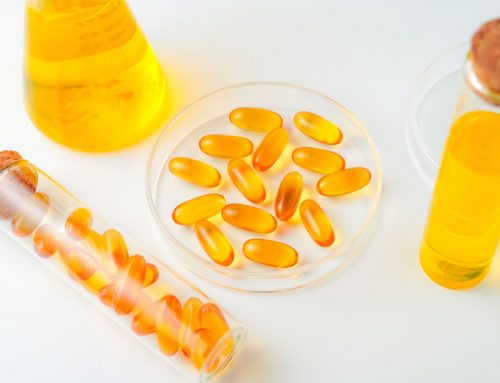

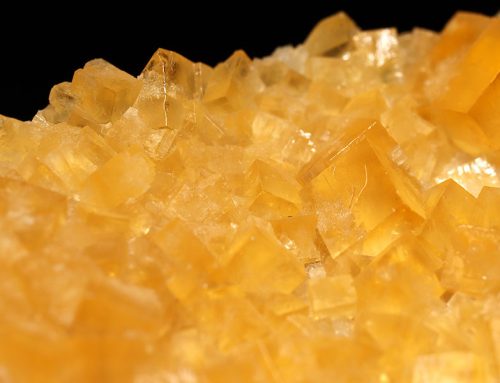
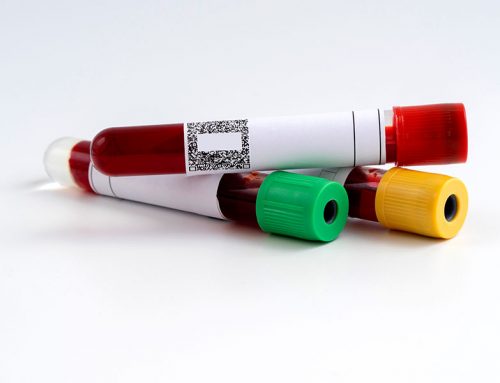
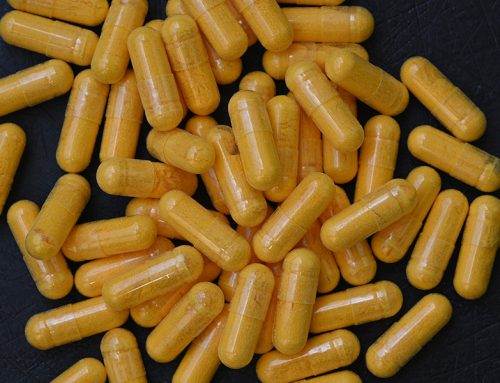
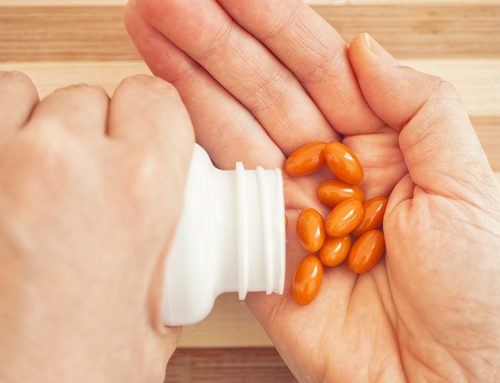
Leave A Comment